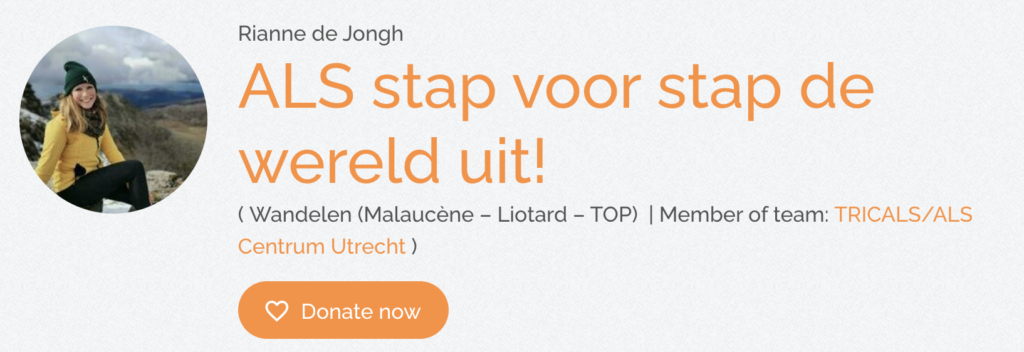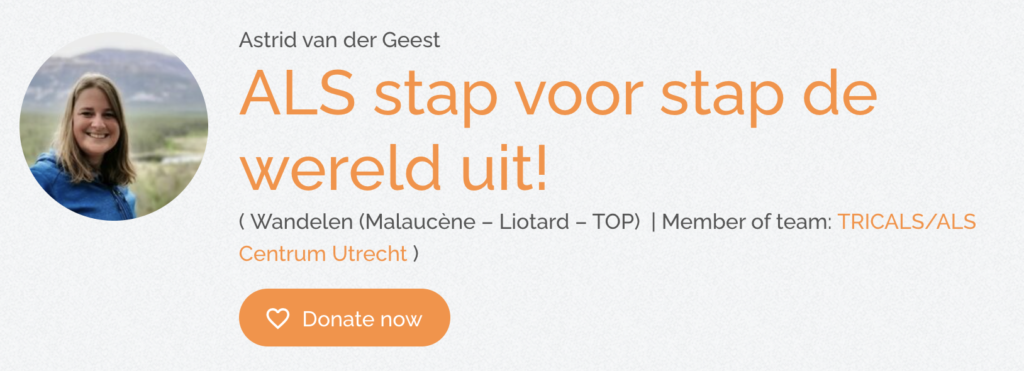The World Premature Day
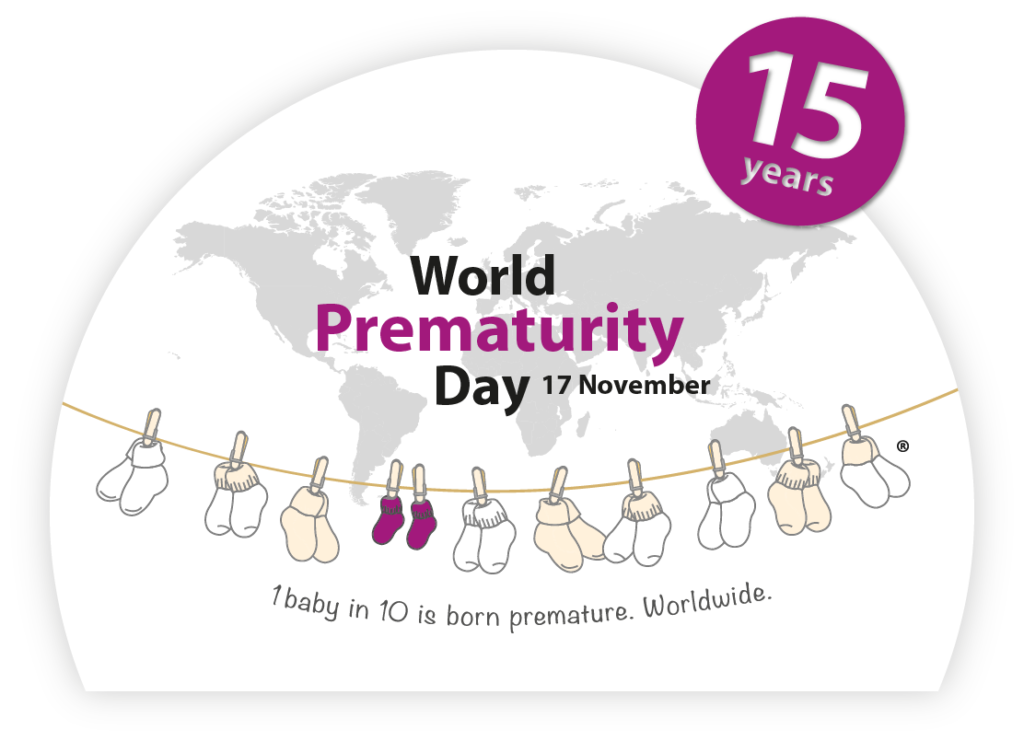 On the 17th of November, it is the World Premature Day that aims to increase awareness and understanding for the impact that a premature birth has on the baby and the newborn’s loved ones. In the Netherlands, there are many organisations that help premature babies and parents through their difficult start, including Care4Neo.
On the 17th of November, it is the World Premature Day that aims to increase awareness and understanding for the impact that a premature birth has on the baby and the newborn’s loved ones. In the Netherlands, there are many organisations that help premature babies and parents through their difficult start, including Care4Neo.
“The time has come, you are pregnant. A whole new chapter of your life is about to begin and it is an unknown territory. You make sure to take your vitamins, get your check-ups and hear your babies heartbeat time and time again. You get excited to meet your baby and with time you feel more and more at ease. And then the time comes, labor. However, for 1 in 10 births, this comes earlier than 37 weeks. Completely unexpected, you are parents to a premature baby and nothing can really prepare you for this. The earlier the baby comes, the more complications are expected. It is a period where you feel all the emotions, happiness, sadness and mainly a lot of insecurity.“ a mother
Developmental research, as done in our department and at the UMC Utrecht Brain Center, also contributes to the care and understanding of what one can expect when having a premature baby. It is a very fragile time when babies are born and information is so important. Information for parents and health care professionals, but also everybody else. So, take a moment to be informed about the impact and work being done to help the care of premature babies. Feel free to share a post, wear something purple (as purple is the color for premature babies) or just take a moment to show your support.
Pasterkamp explains brain atlases on NRC
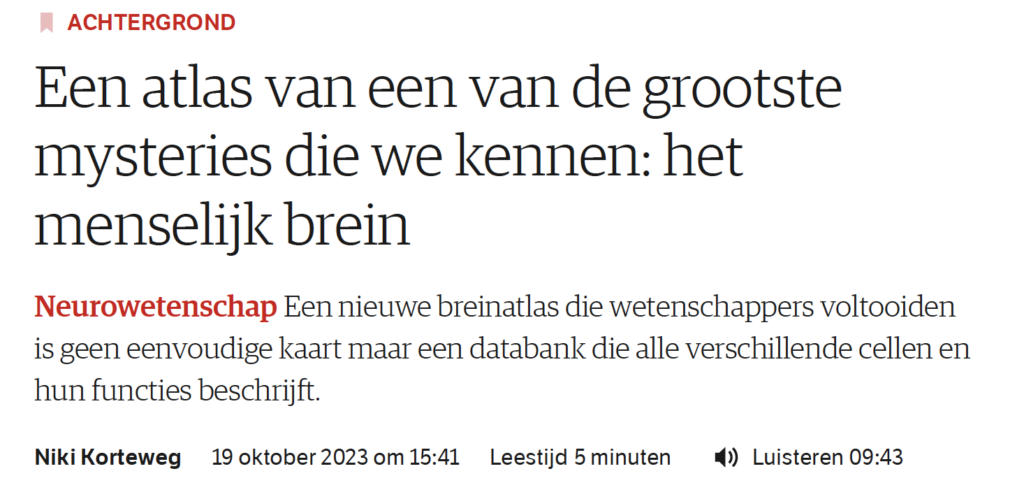
Single cell atlases map brain cell types at high precision. A platoon of 21 recent papers published at the journal Science journals, including one by our new group leader Kimberly Siletti, sheds light in brain’s diversity. Prof. Jeroen Pasterkamp has given an interview to NRC (In Dutch) titled “Een atlas van een van de grootste mysteries die we kennen: het menselijk brein” to discuss the developments in the field.
Efforts led by the Brain Initiative Cell Census Network will greatly enhance the field of Neuroscience. We, researchers at the Translational Neuroscience department and UMC Utrecht Brain Center, will continue to invest on this technology and actively contribute to the process.
Fundraising ALS researchers will climb the Mont Ventoux
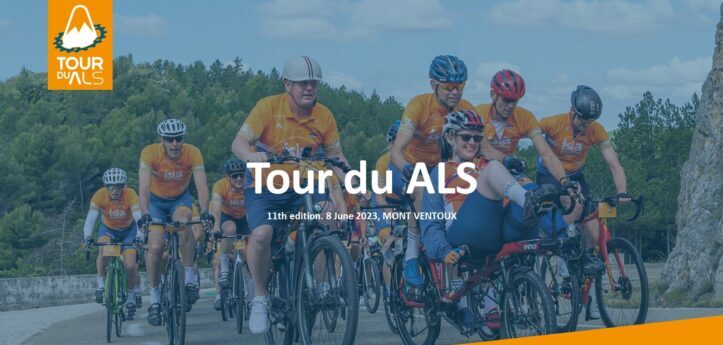
Fundraising is fun! Two researchers of the Department of Translational Neuroscience will climb the Mont Ventoux in France during the Tour du ALS, a yearly event to raise funds for ALS research. Under the slogan “Let’s kick ALS out of the world together”, hundreds of cyclists, runners and hikers will, together with ALS-patients, conquer the mountain on the 8th of June this year.
“Besides working on a daily basis in the lab to help discover the fundamental pathology behind ALS, this event is a great opportunity to contribute in a different way to the fight against ALS.” Rianne de Jongh
Rianne and Astrid will join the larger UMC Utrecht Brain Center team of fourteen researchers and staff. Next to raising funds themselves, Rianne and Astrid will also talk to patients that will support the event on the spot. Both PhD students are involved in projects that aim to elucidate the fundamental mechanisms of ALS, as members of the Pasterkamp lab.
“I see how the daily research efforts for ALS will inevitably result in effective medicine in the long term, therefore it is important that events like this ensure continued funding for research into this devastating disease.” Astrid van der Geest
If you would like to support the ALS center team of the UMC Utrecht you can do so here until 30th of June 2023. We are proud of our members’ ongoing fundraising efforts to support research in a number of diseases. Any amount is welcome in this fight against ALS, a research priority at the UMC Utrecht Brain Center.
New Scientist Live! Hersenziekten in Tivoli
On Tuesday the 17th of May UMC Utrecht Brain Center and New Scientist organized ‘NewScientist Live! Hersenziekten in TivoliVredenburg. Several colleagues focused on the technologies of the future. It was an interesting evening, filled with exciting and necessary advances in brain research and patient care.
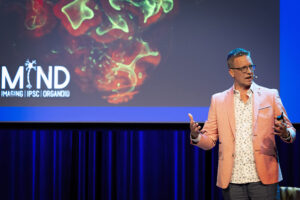
Foto: Bob Bronshoff
Foto: Bob Bronshoff
Prof. dr. Jeroen Pasterkamp and PhD student Tiziana Hey, from our own Translational Neuroscience department, starred on stage. Jeroen Pasterkamp started the evening off, highlighting important microscopic and organoid research performed in his lab. Tiziana Hey, together with 2 fellow young scientists, closed the evening, explaining research with the use of single cell sequencing techniques. Interested in reading more about this informative evening? You can find a summary of the evening on the website of New Scientist or watch the aftermovie (in Dutch).
“Brain research is like a black box: one big fascinating puzzle” T. Hey
We are very glad to disseminate the knowledge generated at the UMC Utrecth Brain Center.
Frank Meye explains why stress leads to bad eating patterns
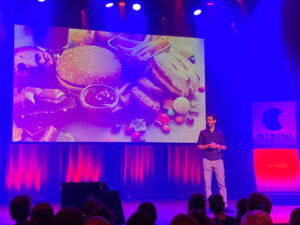
Last Friday Tivoli-Vredenburg hosted the 5th edition of the Betweter festival, organized by Utrecht University, celebrating 385 years of science in Utrecht. Assistant professor Frank Meye was there, at Cloud Nine, a popular hall for concerts, explaining why we eat badly under stress. He discussed what drives our tendencies to eat fat and sugar after a long stressful day, and which processes in the brain are linked to this.
External links
See the official website
